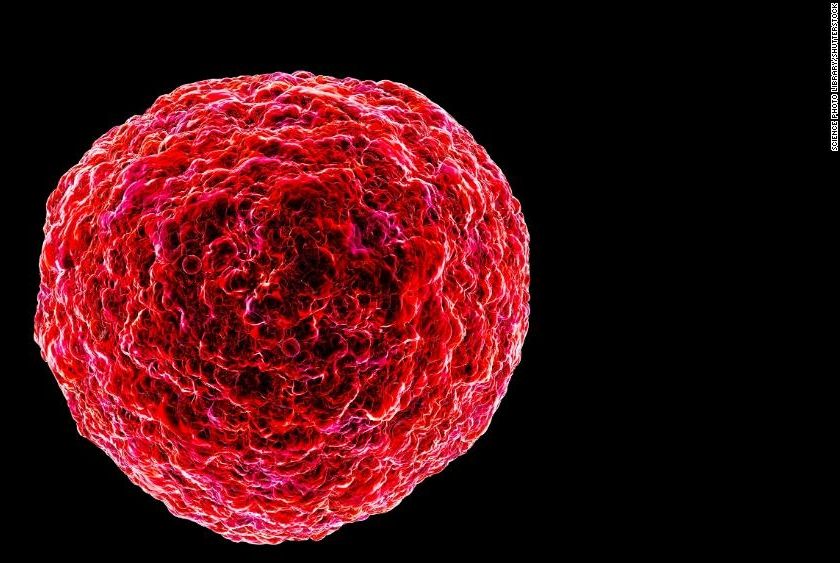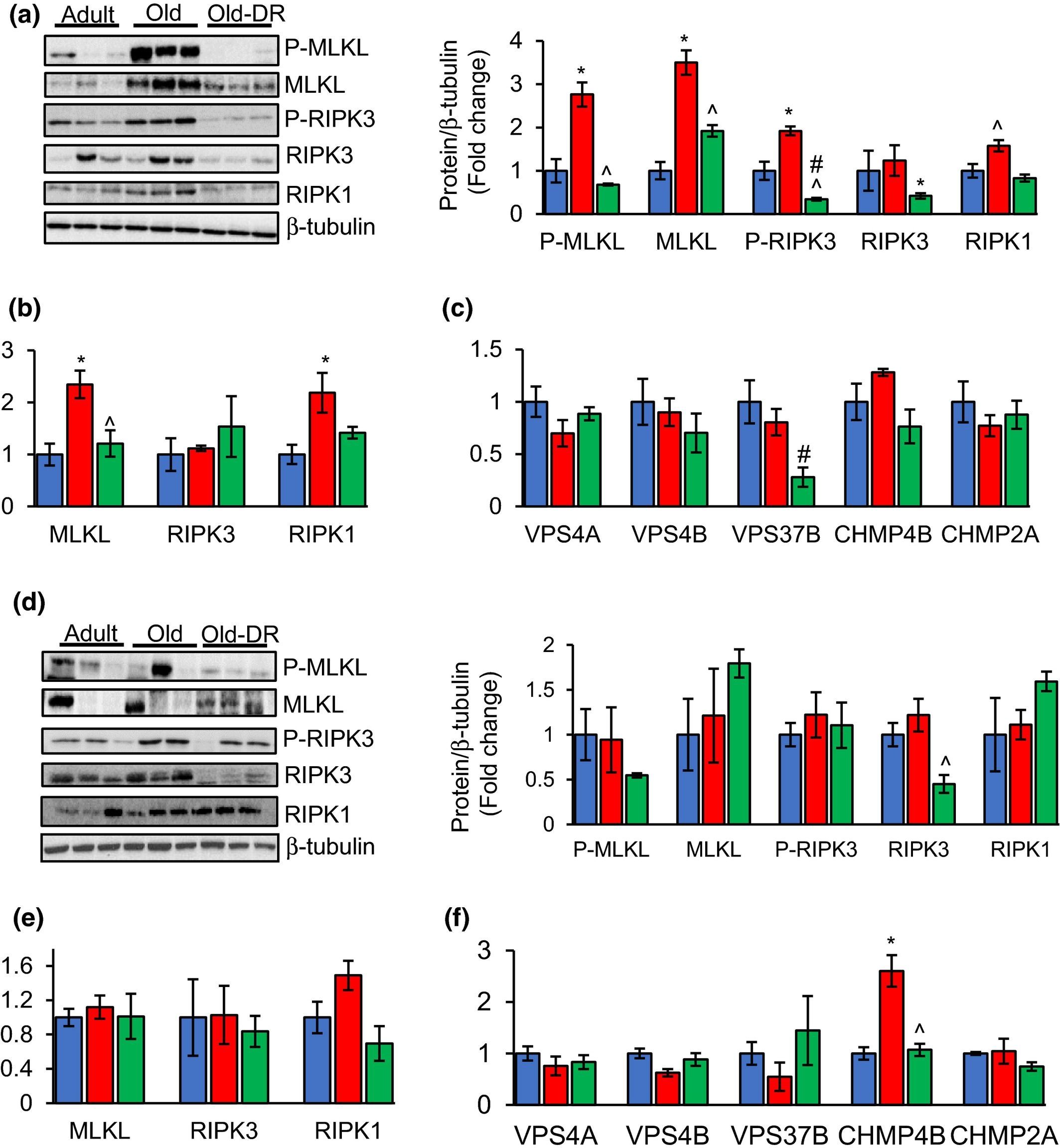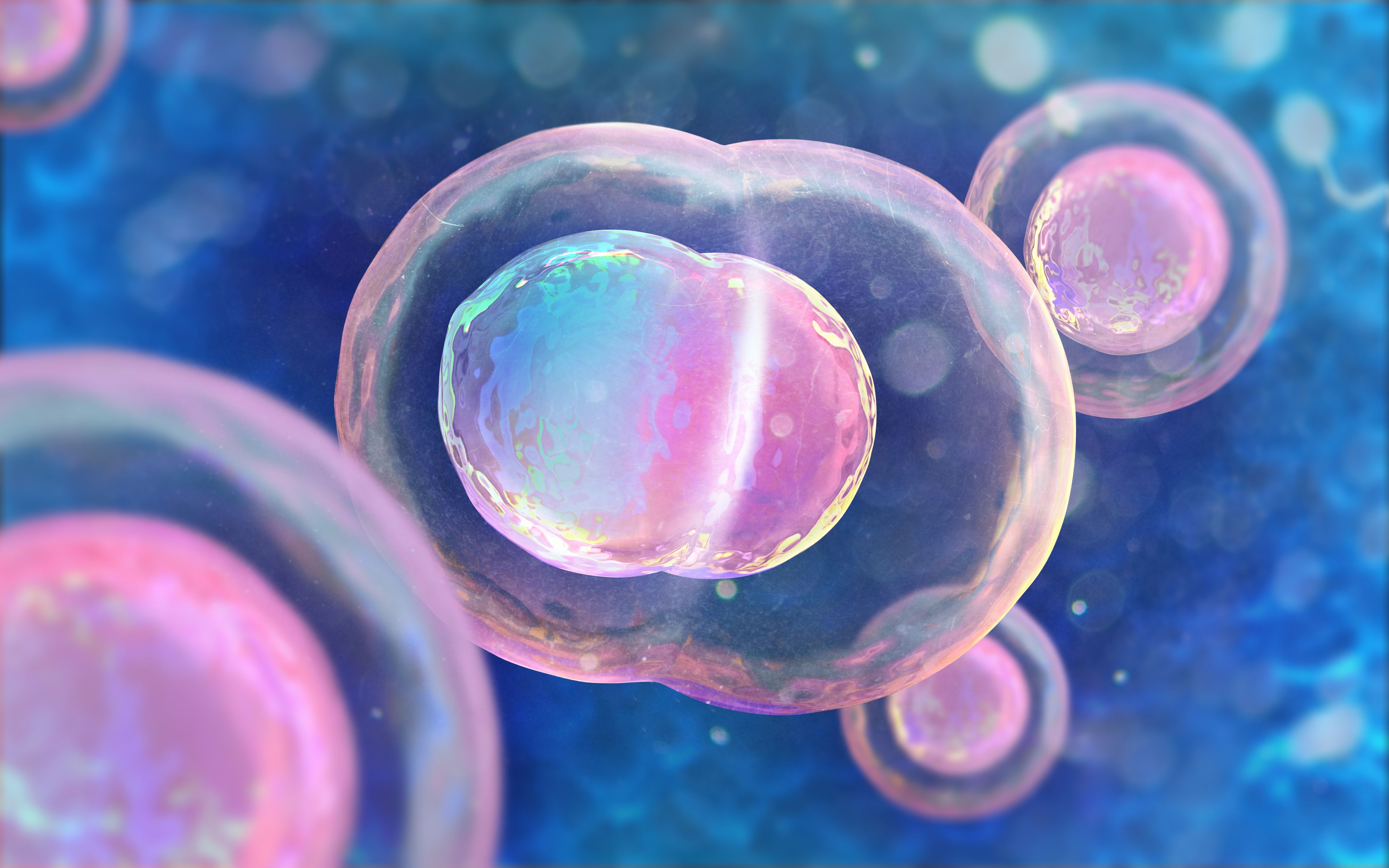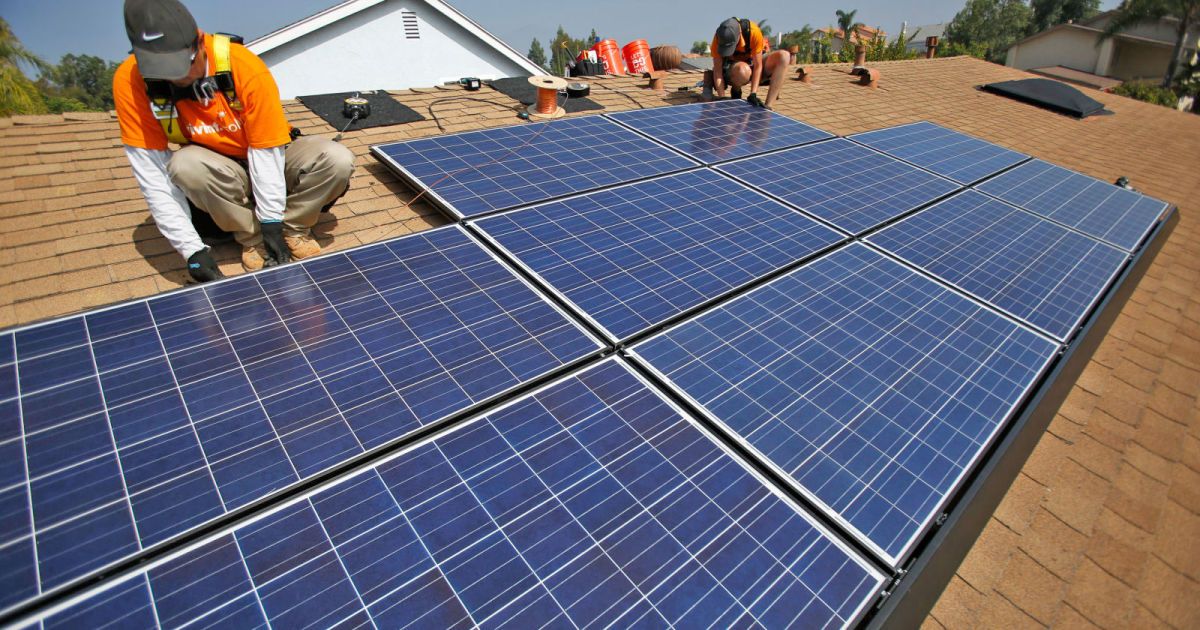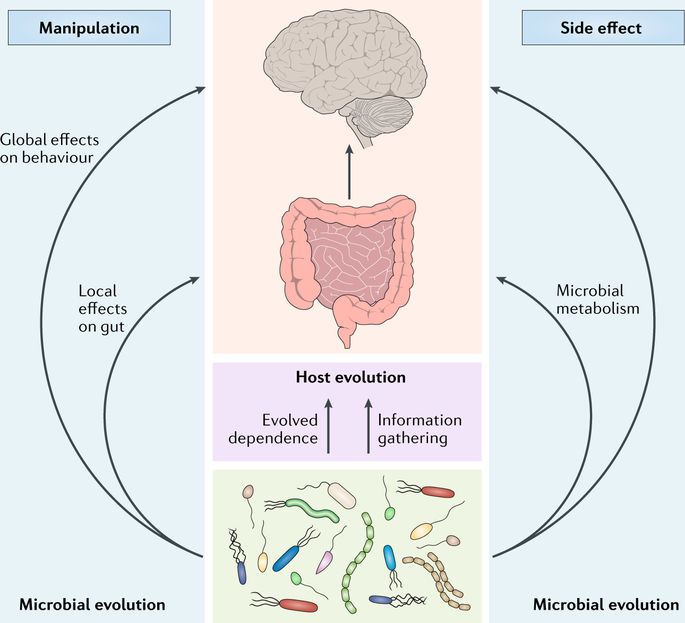Rates of HTLV-1, an ancient virus called the cousin of HIV, are exceeding 40% among adults in remote regions of central Australia. Doctors are now raising alarm about this “neglected” infection.
Aging is characterized by the progressive increase in chronic, low‐grade inflammation termed “inflammaging,” which is believed to play an important role in the mechanism underlying aging.
Necroptosis is a newly identified programmed cell death pathway that is highly proinflammatory due to the release of cellular components that promote inflammation. To determine whether necroptosis might play a role in inflammaging, we studied the effect of age and dietary restriction (DR) on necroptosis in the epididymal white adipose tissue (eWAT), a major source of proinflammatory cytokines. Phosphorylated MLKL and RIPK3, markers of necroptosis, were increased 2.7‐ and 1.9‐fold, respectively, in eWAT of old mice compared to adult mice, and DR reduced P‐MLKL and P‐RIPK3 to levels similar to adult mice. An increase in the expression of RIPK1 (1.6‐fold) and MLKL (2.7‐fold), not RIPK3, was also observed in eWAT of old mice, which was reduced by DR in old mice. The increase in necroptosis was paralleled by an increase in 14 inflammatory cytokines, including the pro‐inflammatory cytokines IL‐6 (3.9‐fold), TNF‐α (4.7‐fold), and IL‐1β (5.1‐fold)], and 11 chemokines in old mice. DR attenuated the expression of IL‐6, TNF‐α, and IL‐1β as well as 85% of the other cytokines/chemokines induced with age. In contrast, inguinal WAT (iWAT), which is less inflammatory, did not show any significant increase with age in the levels of P‐MLKL and MLKL or inflammatory cytokines/chemokines. Because the changes in biomarkers of necroptosis in eWAT with age and DR paralleled the changes in the expression of pro‐inflammatory cytokines, our data support the possibility that necroptosis might play a role in increased chronic inflammation observed with age.
A relatively easy way to boost intestinal stem cell (ISC) function might simply be fasting, according to a new study by a team of MIT biologists.
Stem cells supply the specialized cells that make up our tissues and organs; every time existing cells are lost for whatever reason, stem cells that can differentiate into that particular type of cell jump into action to compensate for the loss. However, this ability declines over time as aging progresses; indeed, stem cell exhaustion is one of the hallmarks of aging, and it affects our body by decreasing the regenerative capacity of its tissues, leading to immune dysfunction, muscle wasting, and even neurodegenerative diseases.
The lining of your intestine suffers from this problem as well. It consists of a fast-renewing tissue that typically renews itself entirely in a handful of days, and it is responsible for absorbing nutrients as well as keeping away unwanted substances; maintaining its regenerative abilities is therefore important for everyone, old or young; however, for older people, this is more challenging. However, a relatively easy way to boost intestinal stem cell (ISC) function might simply be fasting, according to a new study by a team of MIT biologists [1].
The study
There’s no question that solar power is entering the mainstream, but California is about to give it a giant boost. The state’s Energy Commission is expected to approve new energy standards that would require solar panels on the roofs of nearly all new homes, condos and apartment buildings from 2020 onward. There will be exemptions for homes that either can’t fit solar panels or would be blocked by taller buildings or trees, but you’ll otherwise have to go green if your property is brand new.
The plan doesn’t require that a home reach net-zero status (where the solar power completely offsets the energy consumed in a year). However, it does provide “compliance credits” for homebuilders who install storage batteries like Tesla’s Powerwall, letting them build smaller panel arrays knowing that excess energy will be available to use off-hours.
The new standards are poised to hike construction costs by $25,000 to $30,000 (about half of which is directly due to solar), but the self-produced energy is estimated to save owners $50,000 to $60,000 in operating costs over the solar technology’s expected 25-year lifespan.
Lately, there has been a lot of concern about the recent explosion of AI, and how it could reach the point of 1) being more intelligent than humans, and 2) that it could decide that it no longer needs us and could in fact, take over the Earth.
Physicist Stephen Hawking famously told the BBC: “The development of full artificial intelligence could spell the end of the human race.” Billionaire Elon Musk has said that he thinks AI is the “biggest existential threat” to the human race.
Computers running the latest AI have already beaten humans at games ranging from Chess to Go to esports games (which is interesting, because this is a case where AI could be better than humans at playing games which were built as software from the ground up, unlike Chess and Go, which were developer before the computer age).
